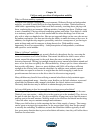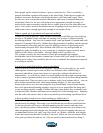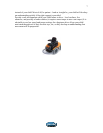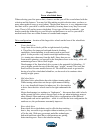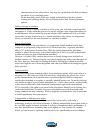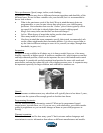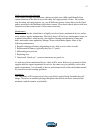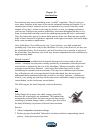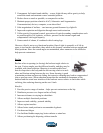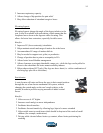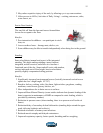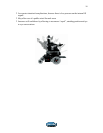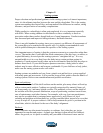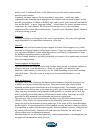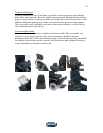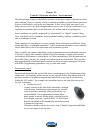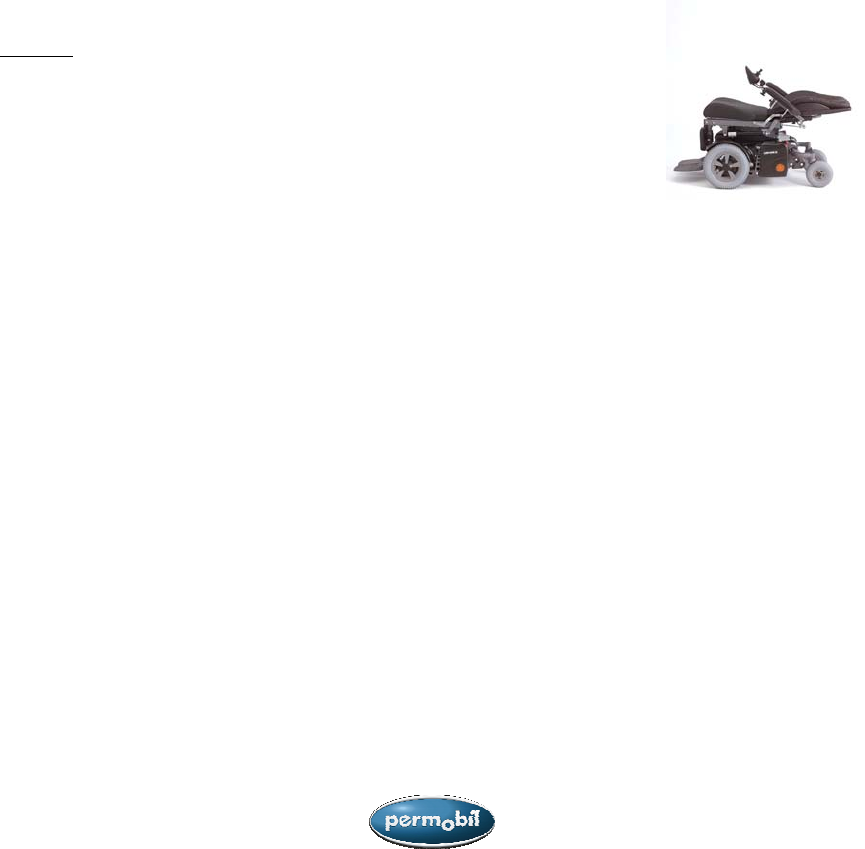
13
• Compensate for limited trunk stability – even a slight tilt may utilize gravity to help
extend the trunk and maintain a more extended position
• Reduce shear as much as possible, as compared to recline
• Maintain proper position related to AAC (Alternative and Augmentative
Communication) devices, computer, even when tilted
• Safer negotiation of inclines – can increase ground clearance by slight tilt
• Improved respiration and digestion through more trunk extension
• Utilize gravity for postural control, prevention of typical secondary complications such
as posterior pelvic tilt, kyphosis, scoliosis, pressure on the internal organs and
compromised vital organ capacity
• Some control of edema, if combined with elevating legs
However, tilted is not a very functional position (line of sight is upwards) so if tilt-in-
space is used on the wheelchair, there needs to be dynamic variation between upright and
tilted positions. Since the seated angles are maintained, other means are to be utilized to
help prevent contractures.
Recline
Recline refers to opening (or closing) the backrest angle relative to
the seat. Various angles provide different benefits, and they may be
available with shear reduction. Shearing is an unfavorable force
that develops due to the body and the seat moving relative to each
other and friction arising between the two. Some shearing is good
to maintain position and prevent sliding, but extensive shearing may lead to compromised
skin or pressure sores. Shear reduction means that the mechanical component of the
backrest and the actual user interface of the backrest moves relative to each other while
reclining, thus reducing shearing on the user’s back.
Benefits:
• Provides passive range of motion – helps prevent contractures at the hip
• Distributes pressure over largest surface of body
• Increases tolerance to staying in wheelchair
• Allows multiple functional positions
• Improves trunk stability, postural stability
• Allows supine transfers
• Allows better trunk position to accommodate kyphosis
• Can decrease fatigue
• Can facilitate bladder emptying, better catheter or urinal use
• Allows positioning for diapering without transfer



